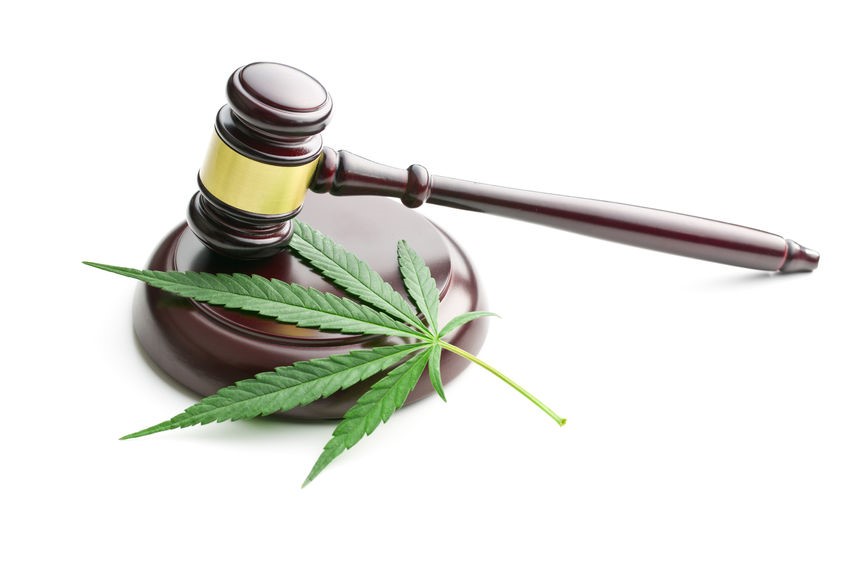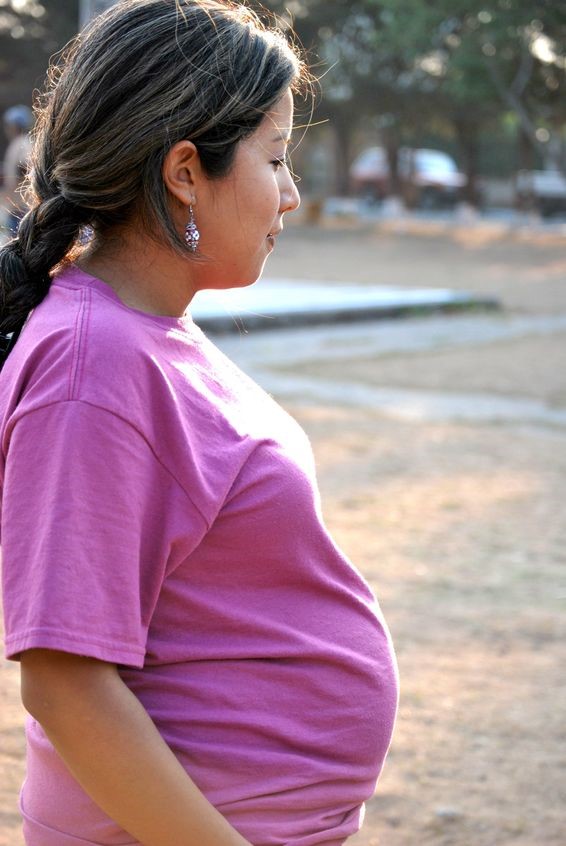Criminal justice reform

On November 12, 2019, after years of appellate delay, the United States Supreme Court cleared the way for a civil lawsuit on behalf of the parents and survivors of the Sandy Hook Elementary School shootings. By denying a request for review[1] by the manufacturer of the gun used in the mass shooting, the court gave breath to a faltering civil lawsuit first filed in January 2015.… Read the rest
 Collateral consequences of a criminal conviction arise at the time of reentry. The consequences are postsentence civil penalties with no relationship to a sentence imposed by a judge. Convictions involving drugs can have life-restricting consequences that affect the fundamental necessities of life—such as getting a job, housing, and further education. Collateral consequences can be devastating.… Read the rest
Collateral consequences of a criminal conviction arise at the time of reentry. The consequences are postsentence civil penalties with no relationship to a sentence imposed by a judge. Convictions involving drugs can have life-restricting consequences that affect the fundamental necessities of life—such as getting a job, housing, and further education. Collateral consequences can be devastating.… Read the rest

Words are a part of language lawyers contort in the game of advocacy. Words are important when legislatures write bills that eventually become laws. Laws can be worded in ways that make all or some of their elements vague, ambiguous, or otherwise murky on intent. Loopholes live in the spaces that shroud legislative intent.… Read the rest

Senator Bernie Sanders recently announced a sweeping plan to allow incarcerated people to vote. According to Business Insider, Sanders said in April that “he supports voting rights for all US citizens, even if they’re ‘terrible people.’” But, is voting really what incarcerated people want? Not likely.
Inmates I associated with during my two-year term in a California prison showed me they saw government as the enemy and believed safety is in numbers and might is right.… Read the rest

States have laws addressing when police officers may use lethal force. The laws surrounding legitimate police shootings often depend on the interpretation of words rather than concrete standards. For example, the current law in California states that the police can use deadly force to kill a person—thus, commit homicide—when reasonable and necessary. … Read the rest

The discord in this country is alarming. A noose caused by political division is tightening around our nation. A flood of information bombards us every day. We pick the topics we want to track and carve out lanes on personal information highways amid the distraction of other shiny objects. Being totally informed in the twenty-first century is impossible.… Read the rest

I’ve wondered about the origins of Women’s History Month. Many people, including me, formally educated in the late-1960s to mid-1970s, were not exposed to women’s history courses—no such field of academics existed. While researching background for this post, I learned from Wikipedia that “the first accredited women’s studies course in the U.S.… Read the rest

In my previous post entitled Misdemeanors: Trapdoor Justice for the Poor and Homeless, I looked at how “masses of poor and homeless people are being sucked into an overburdened misdemeanor trapdoor system.” Once the trapdoor drops, a system designed to inflict misery and sustained hardship ravages the poor and the homeless.… Read the rest

An estimated 13.2 million misdemeanor cases are filed in the United States each year. This number is overwhelming and concerning. Masses of poor and homeless people are sucked into an overburdened misdemeanor trapdoor system designed to inflict misery and sustained hardships.
In her 2018 book Punishment without Crime, law professor Alexandra Natapoff estimates that “approximately 730,000 people are in jail.… Read the rest

As I’m writing this post, we are in the twenty-ninth day of the government shutdown. The passionate truth is the country has a limping, underfunded government that is impacting people hard. Putting the political causes aside, what matters now are the short- and long-term effects on individuals and families of eight hundred thousand government workers, countless government contractors, and thousands of prisoners.… Read the rest